From Adoptees’ Perspective: Interview With Alice Stephens, Author Of ‘Famous Adopted People’
'I wanted to write a novel where the adopted person is the hero of her own story'
The story follows Lisa Pearl, an American teaching English in Japan who after an unsuccessful attempt to fit in here moves to Seoul, South Korea with her childhood best-friend Mindy. The young women are both Korean-born adoptees into white American families. But while Mindy can't wait to track down her birth mom, Lisa isn't convinced she needs to know about her past, much less meet her biological mother.
I am lucky enough to count myself as one of Alice Stephens’ friends. She and I met when I lived in Nagasaki in the early 2000s through her husband who was one of my colleagues (and my best friend – in my mind, anyway). I knew that Alice was a transnational adoptee from Korea and I met her American family when I visited her in DC some years ago. Her novel, Famous Adopted People was published recently and as soon as I had a copy of it in my hot little hands, I read it. Not only is it a great book, I felt that many of the themes were relevant to those of us with adopted children. This made me want to learn more, so I reached out to Alice for an interview.
What inspired you to write this book?
Recently, there have been a number of novels published about transracial adoption and I was frustrated that they all seemed to tell the same story, as if there was only one adoption narrative. All too often in these books, the adoptee is the object of the story and not the subject, rescued by the adoptive parents who give her a forever home or by the birth mother who magically reveals the adoptee’s true identity to her. I wanted to write a novel where the adopted person is the hero of her own story. She isn’t saved by anybody, she saves herself. Lisa’s search for identity is a modern-day tale of the hero’s journey.
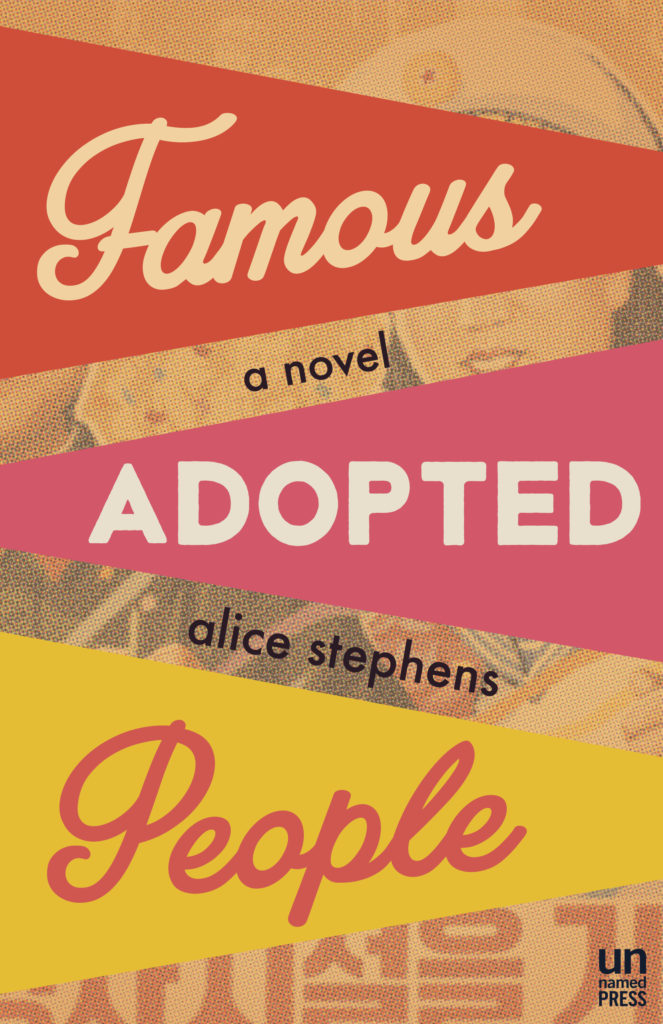
How long did it take you to collect and where did you find the quotes from famous adopted people heading each chapter?
I was adopted in 1968, when adoption was still a dirty secret, and not many people admitted to it. As a transracial adoptee, I couldn’t hide it. Everyone, even complete strangers, knew I was adopted. I didn’t meet another adoptee until I was in 8th grade, so sometimes it could feel pretty lonely. Over the years, whenever I found out that someone famous was adopted, I would make a mental note of it. By the time I sat down to write the book, I had collected a list of famous adopted people, some (Moses, Frances McDormand) more famous than others (Melissa Gilbert, Michael Reagan). For the quotes, I searched the internet for pithy snippets that encapsulated their views on being adopted.
Do any of those quotes stand out for you particularly, or do they all have meaning for you equally?
They are all important because they illustrate the many different attitudes that adoptees have about adoption, from Debbie Harry’s glass-half-full positivity to Steve Jobs’ anger to Greg Louganis’ pain to Soon-Yi Previn’s professed indifference. But the quote that meant the most to me, because it goes to the heart of my novel, is Edward Albee’s: “You know, if anybody wants me to say it, in one sentence, what my plays are about: They’re about the nature of identity. Who we are, how we permit ourselves to be viewed, how we permit ourselves to view ourselves, how we practice identity or lack of identity.”
How much of you is in Lisa (the protagonist)?
Ah, a tricky question! Lisa shares many biographical details with me. We are both hapa. We were born in Korea and adopted into white American families. We’ve lived in the same cities and countries, including three years in Japan on the JET programme. We both harbored lifelong ambitions to be writers, struggled with identity issues, and have made some big mistakes in life. But Lisa allows her identity issues to consume her in a way that I was able to avoid. She is the drama queen version of me, or me if I had taken a different path in life, or me if I had fallen down the rabbit hole.
Where on earth did you get the amazing idea that Lisa’s birth mother would be the secret “wife” of a Korean dictator?
My birth country of Korea is the perfect metaphor for being adopted, one half a prosperous, westernized success story, the other a dark and unknown territory. And so, North Korea was the logical setting for Lisa to confront her adoption issues.
My family and I were living in Japan in 2002 when some of the abducted Japanese were allowed to return home. Their stories were so bizarre that I was started to delve more into North Korea and the Kim dynasty. I was fascinated by the tactics used by a tiny elite to impel an entire population to basically sacrifice their identities in service to the state. Adoptees, too, especially transracial ones, have their identities imposed upon them by their adoptive family. We are subject to a type of brainwashing that tells us we belong in a family to which we have no genetic ties.
I’ve found that many people prefer to believe the (white) adoptive parents’ depiction of adoption as a feel-good, happily-ever-after fairy tale.
I wanted to explore all the tropes of the typical adoption novel, so instead of making Lisa’s birth mother a figure of pure maternal love, I wrote her as self-serving, opportunistic, and manipulative. She is the villain of the story. So what better way to portray her moral depravity than to make her the concubine of one ruthless dictator and mother of another? She is like a Mafia wife or a Trump, living a life of ease and luxury, complicit in the crimes of her powerful paramour, heedless of the lives that are being destroyed so that she may fill her closets with designer clothes and gorge herself on caviar and champagne.
You have said in other interviews as well as in the book that it is time for the voices of transnational adoptees to be heard—what advice do you have for their parents?
Thank you for asking!
Don’t dominate the adoption narrative. If you google adoption blogs or browse the adoption section of your local library or bookstore, you’ll find that most publications are by and for adoptive parents. These sentimental, self-congratulatory stories shape the public’s view of adoption, and I’ve found that many people prefer to believe the (white) adoptive parents’ depiction of adoption as a feel-good, happily-ever-after fairy tale than the darker, more complicated stories of actual adoptees.
Listen when adopted children tell their own stories.
Don’t conflate an adoptee’s search for their own identity with ingratitude or rejection.
Be prepared for some uncomfortable conversations. On the other hand, don’t force conversations. Let your adoptee know that you are there to hear them when they are ready to talk.
Don’t constantly celebrate adoption. By continually telling an adoptee how special she is, it confirms that she is really an outsider.
Recognize that your happiness comes at the expense of someone else’s unhappiness, and that every adoption is born of the tragedy of a child being separated from her birth mother.
***
I am grateful to Alice for giving time to me to answer my questions and share her thoughts. I cannot recommend this book highly enough!
Famous Adopted People was released in October 2018 by The Unnamed Press and is available on Amazon.












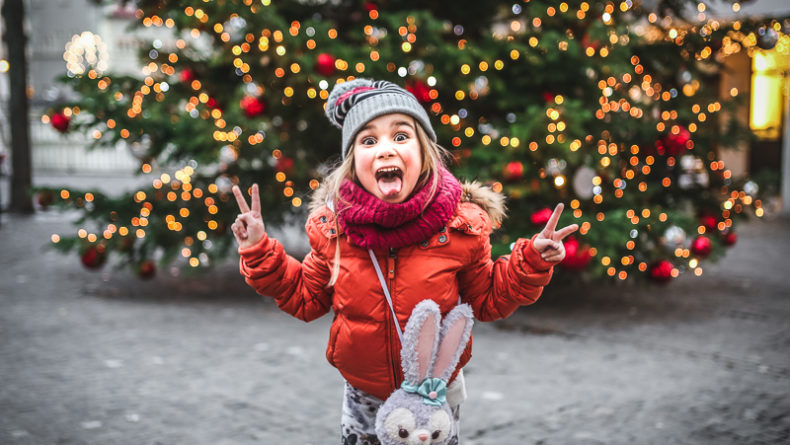
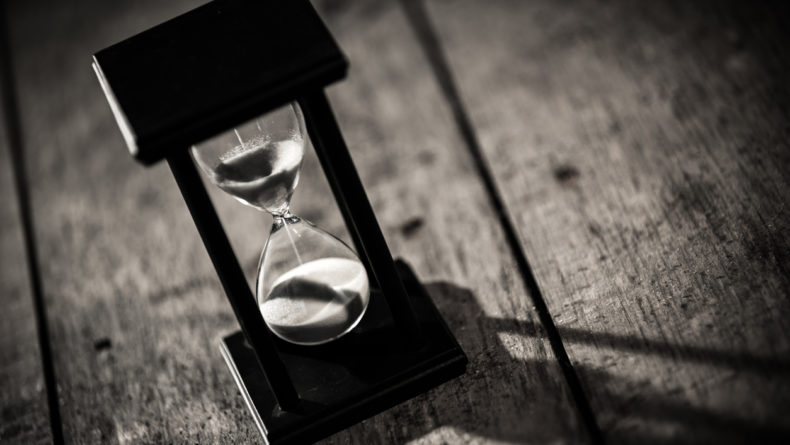
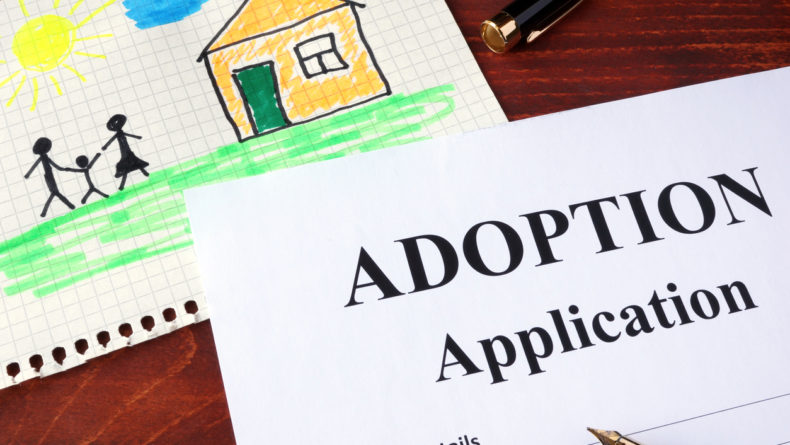
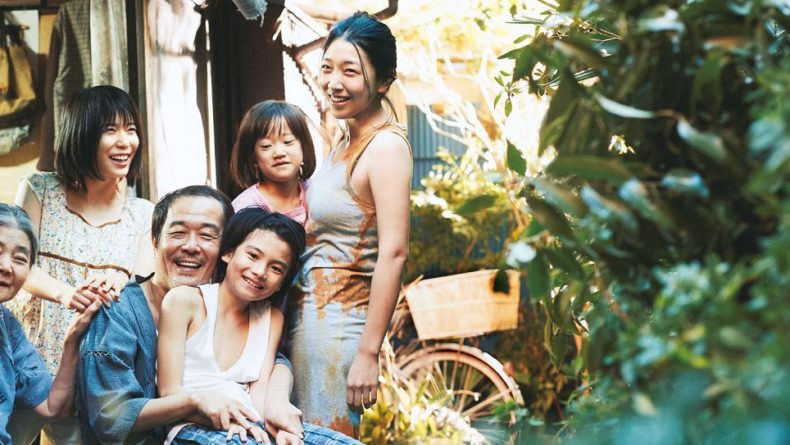
Leave a Reply